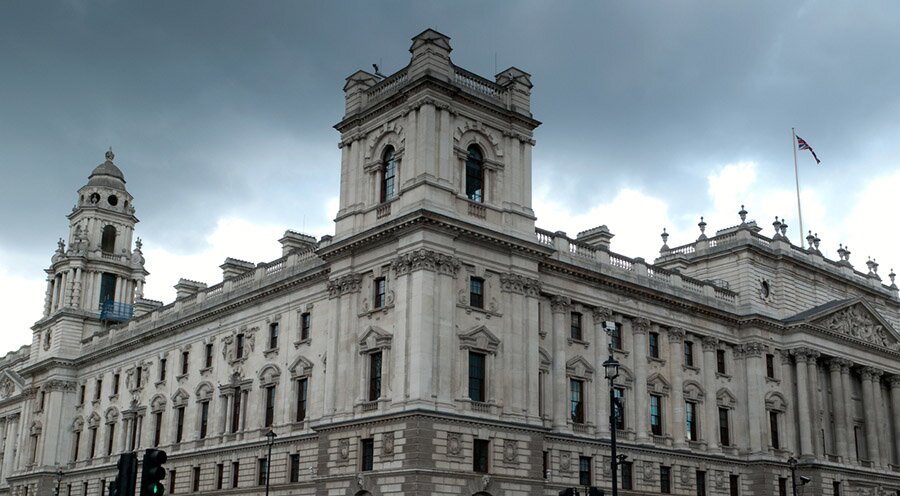HMRC reminds taxpayers of October 5 Self Assessment deadline
Missing the deadline risks £100 fines and rising penalties
HM Revenue & Customs (HMRC) is reminding people with untaxed income to register for Self Assessment by 5 October 2025 or risk financial penalties. The annual deadline applies to anyone needing to complete a return for the first time, including the self-employed, landlords, and those with significant side earnings.
Failing to meet the deadline triggers an automatic £100 fine, even if no tax is owed. Continued delays bring further daily penalties after three months, alongside extra charges and interest. HMRC says registering early ensures there is enough time to gather paperwork and submit returns ahead of the later filing dates.
Who needs to register for Self Assessment?
While most employees and pensioners pay through PAYE, additional income often requires registration. HMRC guidance highlights several scenarios:
- Earning more than £1,000 in self-employment (before expenses)
- Receiving rental income from property
- Paying Capital Gains Tax on assets sold for a profit
- Having income from savings, investments, or dividends
- Earning above £150,000 in total taxable income
- Being liable for the High Income Child Benefit Charge
- Receiving foreign income or business partnership income
Freelancers, gig economy workers, and landlords are among those most often affected.
Deadlines for filing
Once registered, taxpayers must file a return either online or on paper:
- Paper returns: due by 31 October 2025
- Online returns: due by 31 January 2026
Payments of any tax owed are also due by 31 January.
Penalty structure explained
The penalty system is strict, even if no tax is payable:
- Immediately after 5 October: £100 fixed fine for late registration
- After 3 months: £10 per day penalty, up to £900
- After 6 and 12 months: further penalties based on the tax owed
Interest is also charged on unpaid amounts.

Support and resources
HMRC offers an online eligibility checker to help taxpayers decide if they need to file a return. Support is available via online guidance, webinars, and the HMRC helpline, although customer service performance has faced criticism in recent years.
Taxpayers can also appoint an accountant, relative, or friend to submit returns on their behalf, provided HMRC has been notified.
Wider context
The reminder comes as HMRC faces public pressure over service standards, with long wait times and limited helpline availability prompting frustration. Against the backdrop of November’s Budget, timely compliance with Self Assessment helps HMRC collect revenue while reducing backlogs during peak filing season.
Common mistakes taxpayers make with Self Assessment
Many people miss deadlines not because they intend to, but because of simple oversights. HMRC highlights several frequent errors:
- Forgetting to register on time: Some assume that if no tax is due, no registration is needed. However, failing to register is penalised even if the final bill is zero.
- Mixing up deadlines: Paper and online returns have different due dates, and missing either triggers penalties.
- Not keeping proper records: Self-employed workers and landlords often fail to retain receipts, invoices, or bank statements, making it harder to justify expenses and allowances.
- Overlooking side income: Income from freelance projects, tips, or occasional rental of property still counts and must be reported.
Avoiding these pitfalls not only prevents fines but also ensures that any eligible reliefs or allowances are claimed.

Final Summary
HMRC is reminding taxpayers with untaxed income to register for Self Assessment by 5 October 2025. Missing the deadline leads to an automatic £100 fine, escalating with delays. With millions expected to file returns this year, registering on time ensures a smoother process and avoids unnecessary costs.











